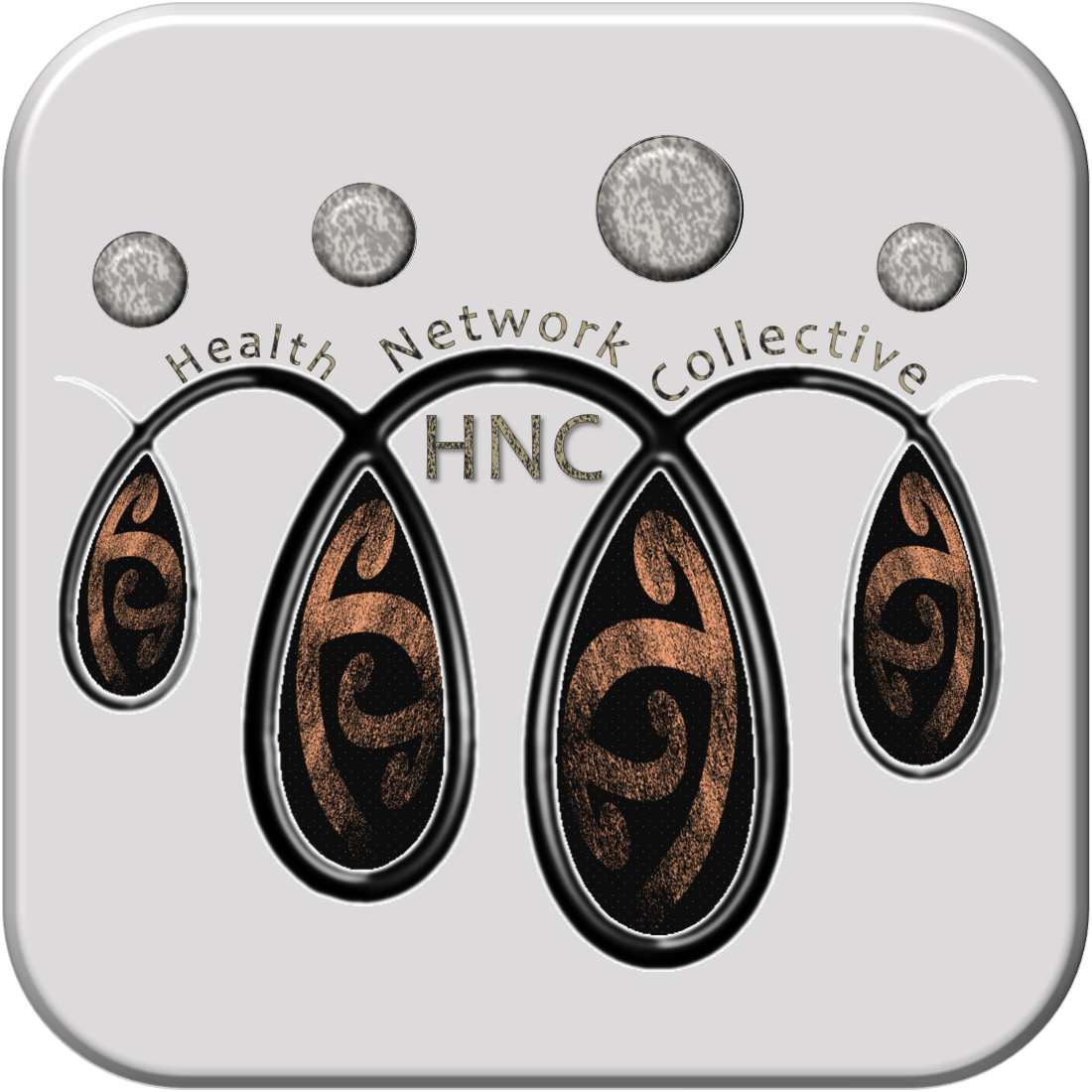This FAQ and information contained herein is for general information purpose only and is not intended for or to be used for diagnosis, treatment or any clinical use. Health Network Collective recommends seeking professional advice in the event any further advice or definitive qualified opinion is required.
Here’s some of the more common, and less common, frequently asked questions and answers. The info is based on researched and qualified materials resources and sites with references where needed. If there are any questions or information you would like to see included please do let us know by emailing us by clicking here.
Simply click on the broad category title below and it expands to reveal the sub questions, articles and news.
Am I at risk of HCV (2)
If you do develop symptoms from acute infection, the average time from exposure to symptoms ranges from 1 to 12 weeks after becoming infected, while others will experience them 6 months later. In some cases, people can live with hep C for years, and that could be lifetime, before they experience any symptoms at all… Even without symptoms, a person with hep C can still spread the virus to others.
If you’re at risk for hep C (HCV), and have experienced any of the symptoms listed below, speak with your healthcare professional and ask if you should be tested. Or see one of our Health Network Collective Testers.
- Lethargy, fatigue, feeling tired
- Loss of appetitie
- Stomach pain(s)
- Nausea
- Joint pain
- Dark urine
- Pale poo or pale bowel movements
- Jaundice, yellow whites of the eyes and sometime skin.
- And any history of at risk activities, see Am I at Risk
- If you received a blood transfusion or donated organ prior to 1992
- Taking drugs through a needle (injecting), even just once
- Receiving tattoos or piercings, mainly from unlicensed studios or from unsterile practice
- Historic health care in Eastern Europe, Russia, Egypt or North Africa, India or Pakistan
- Your mother or another household member has HCV
Less Common
- Have you ever spent time in prison, (especially prison tattoos)
- Sexual practices that can could cause exposure to blood (such as anal sex)
- Sharing personal items such as toothbrushes and razors
- Snorting drugs (use of straws and other shared means to snort)
Hepatitis C Signs & Symptoms (1)
If you do develop symptoms from acute infection, the average time from exposure to symptoms ranges from 1 to 12 weeks after becoming infected, while others will experience them 6 months later. In some cases, people can live with hep C for years, and that could be lifetime, before they experience any symptoms at all… Even without symptoms, a person with hep C can still spread the virus to others.
If you’re at risk for hep C (HCV), and have experienced any of the symptoms listed below, speak with your healthcare professional and ask if you should be tested. Or see one of our Health Network Collective Testers.
- Lethargy, fatigue, feeling tired
- Loss of appetitie
- Stomach pain(s)
- Nausea
- Joint pain
- Dark urine
- Pale poo or pale bowel movements
- Jaundice, yellow whites of the eyes and sometime skin.
- And any history of at risk activities, see Am I at Risk
Hepatitis C Virus (HCV) (2)
If you do develop symptoms from acute infection, the average time from exposure to symptoms ranges from 1 to 12 weeks after becoming infected, while others will experience them 6 months later. In some cases, people can live with hep C for years, and that could be lifetime, before they experience any symptoms at all… Even without symptoms, a person with hep C can still spread the virus to others.
If you’re at risk for hep C (HCV), and have experienced any of the symptoms listed below, speak with your healthcare professional and ask if you should be tested. Or see one of our Health Network Collective Testers.
- Lethargy, fatigue, feeling tired
- Loss of appetitie
- Stomach pain(s)
- Nausea
- Joint pain
- Dark urine
- Pale poo or pale bowel movements
- Jaundice, yellow whites of the eyes and sometime skin.
- And any history of at risk activities, see Am I at Risk
- If you received a blood transfusion or donated organ prior to 1992
- Taking drugs through a needle (injecting), even just once
- Receiving tattoos or piercings, mainly from unlicensed studios or from unsterile practice
- Historic health care in Eastern Europe, Russia, Egypt or North Africa, India or Pakistan
- Your mother or another household member has HCV
Less Common
- Have you ever spent time in prison, (especially prison tattoos)
- Sexual practices that can could cause exposure to blood (such as anal sex)
- Sharing personal items such as toothbrushes and razors
- Snorting drugs (use of straws and other shared means to snort)
